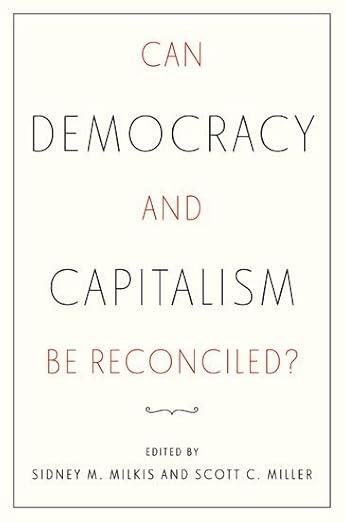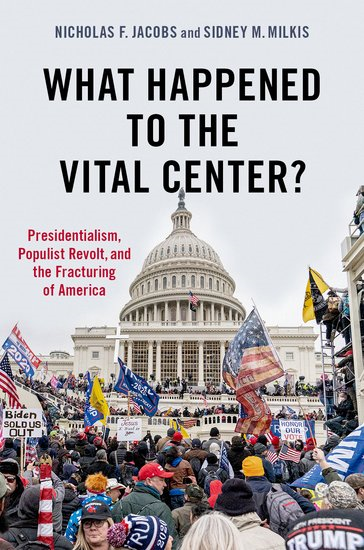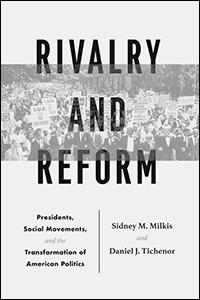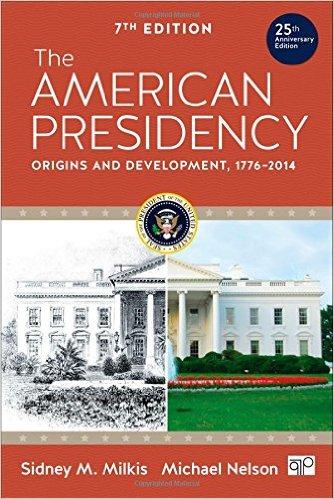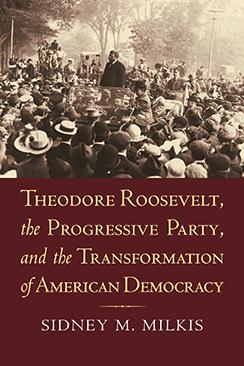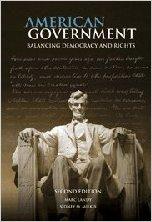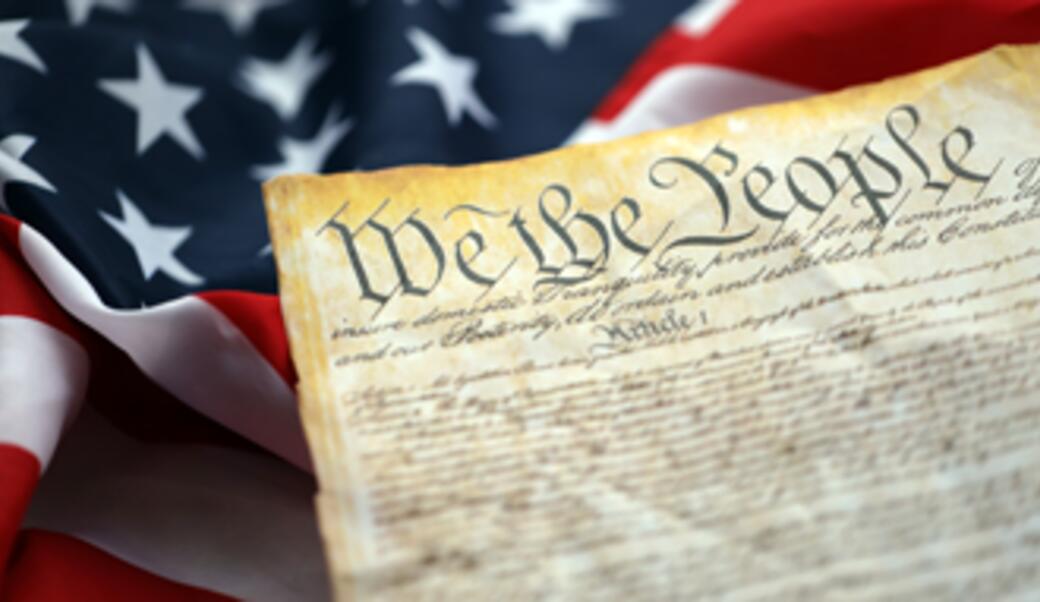White Burkett Miller Professor of Governance and Foreign Affairs
Fast Facts
- Author of What Happened to the Vital Center?
- White Burkett Miller Professor of Governance and Foreign Affairs
- Award-winning educator
Areas Of Expertise
- Social Issues
- Governance
- Elections
- Founding and Shaping of the Nation
- Political Parties and Movements
- Politics
- The Presidency
Sidney M. Milkis is the White Burkett Miller Professor of Governance and Foreign Affairs and a professor of politics. His research focuses on the American presidency, political parties and elections, social movements, and American political development. In addition to teaching undergraduate and graduate students, he regularly gives public lectures on American politics and participates in programs for international scholars and high school teachers that probe the deep historical roots of contemporary developments in the United States.
Milkis earned a BA degree from Muhlenberg College and a PhD in political science from the University of Pennsylvania.
Sidney Milkis News Feed
Executive-centered partisanship has dangerously weakened the constitutional role of Congress
As President Trump reaches the 100-day mark of his second first year, join us for an assessment of how he is changing the institution of the American presidency. Using a new book by Sidney M. Milkis and Nicholas F. Jacobs—Subverting the Republic: Donald J. Trump and the Perils of Presidentialism—as a starting point, Sidney Milkis, Sai Prakash, Marc Short, and moderator William Antholis discuss the actions and conditions that may be reshaping our institutions, including Congress, the courts, the political parties, and interest groups.
Miller Center Presents
Panelists at UVA‘s Miller Center sat down on Thursday, May 1, to discuss how Trump is shaping the institution of the American presidency.
29 News
The Miller Center brought together three University faculty panelists and one moderator Friday to provide insight into the sustainability of the Trump administration's economic approach, underlying historical precedent and relevance regarding recent tariff decisions.
The Cavalier Daily
Experts in law, politics, and business evaluate American democratic capitalism under President Trump and beyond. Is the Trump administration’s economic approach sustainable? Panelists will discuss its costs and benefits to the future composition of the American political economy.
Miller Center Presents
Panelists at the Miller Center of Public Affairs Friday weighed where the country is heading.
29 News
